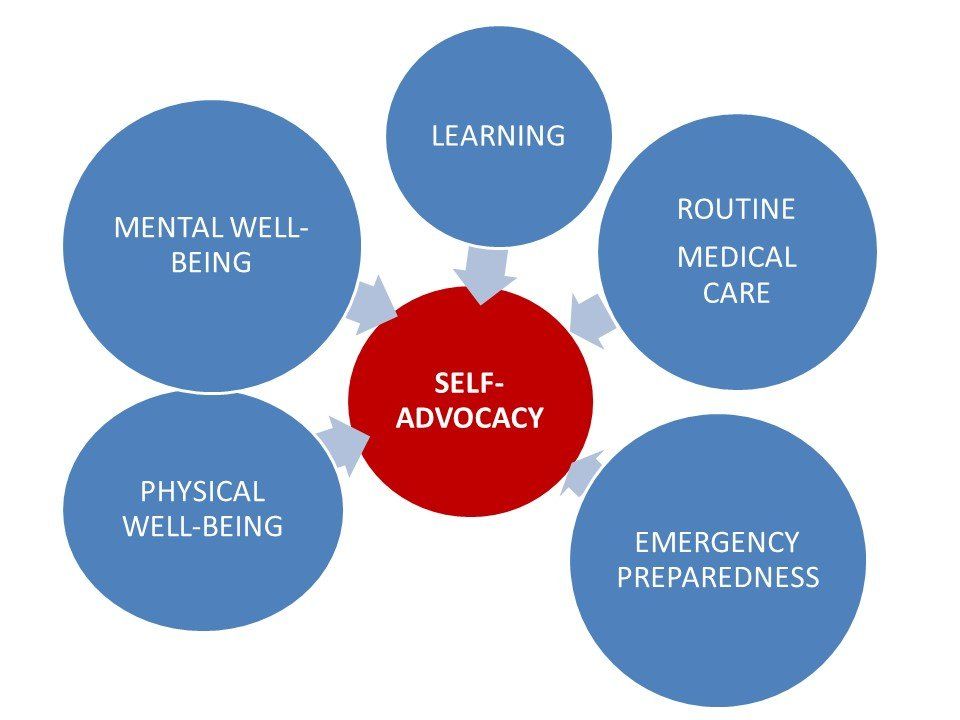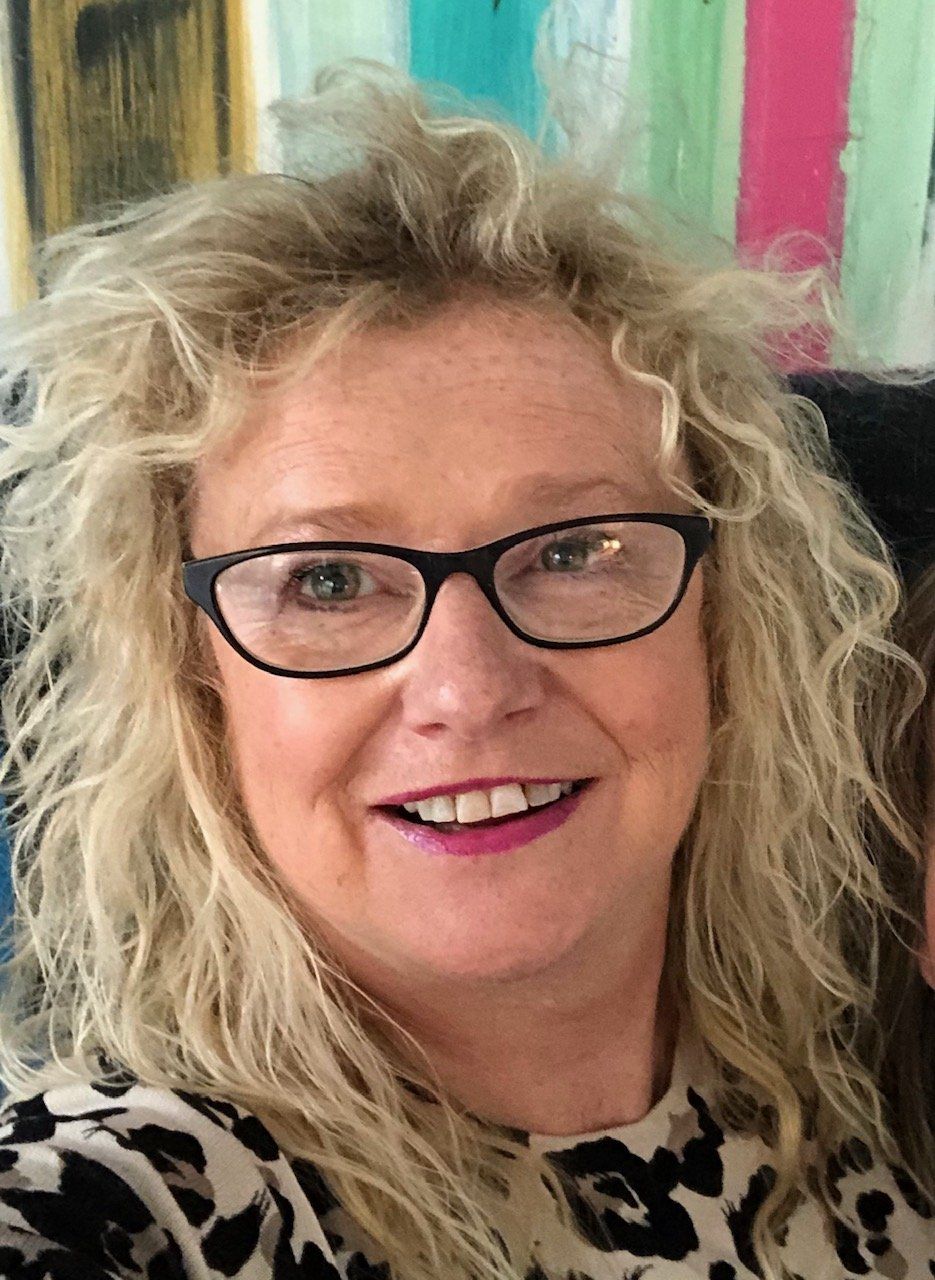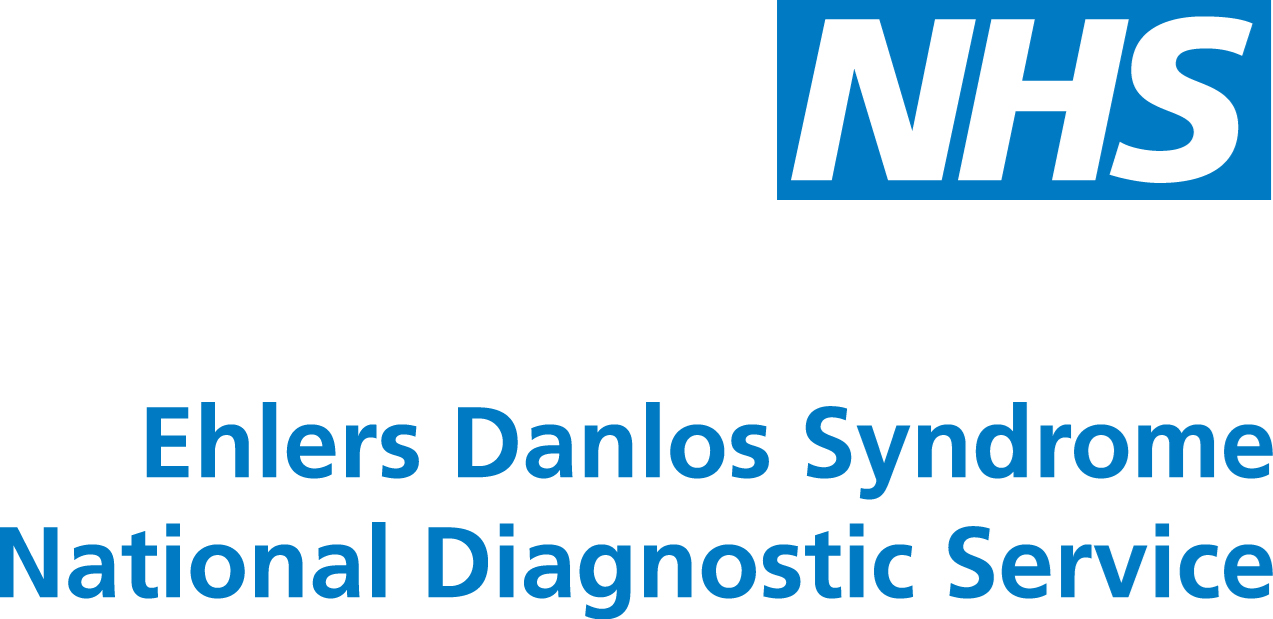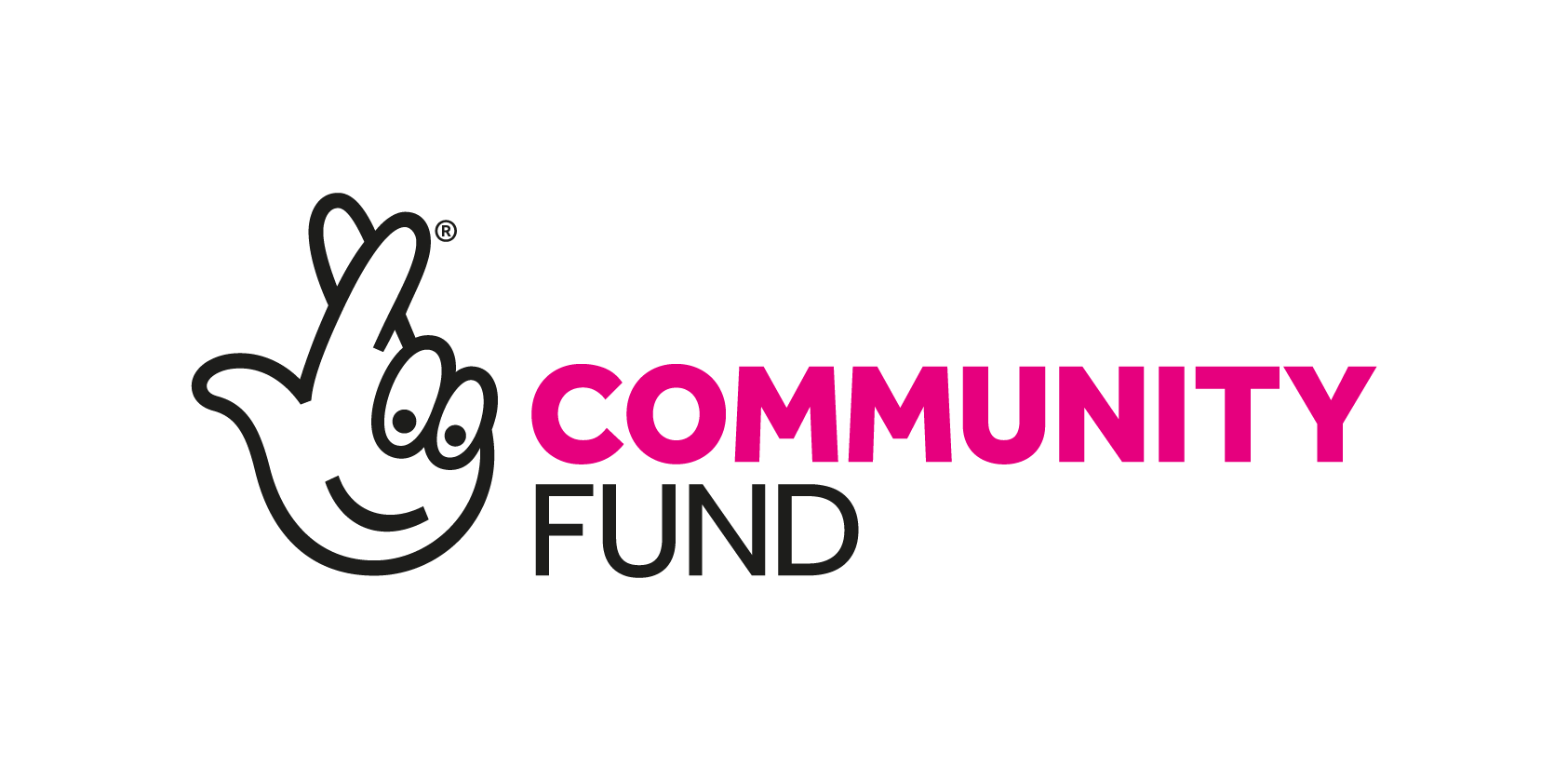Emergency Care Project


Objective
To improve outcomes for vEDS patients when accessing emergency care.
Introduction
Raising awareness of vascular EDS amongst Health Care Professionals (HCPs) has been of huge concern for the vEDS community for many years. In a survey conducted by Annabelle's Challenge in 2018, 91% of individuals said the main challenges they faced with vEDS is a lack of awareness amongst medical professionals.
We felt it is was time to address this gap in the service we provide at Annabelle’s Challenge so in June 2021 the Emergency Care Project (ECP) was launched.
During 2024 we launched the new VEDS Emergency Pack and new hospital inpatient alert document.
ECP Working Group (ECP Team)
Whilst we acknowledge that this project is a huge undertaking, we have devised a working group specifically tasked to plan and deliver this project alongside Annabelle's Challenge and the EDS Service.
The ECP team is led by Jacqui Fish who joined the charity in November 2014, her son has a diagnosis of vascular EDS. Jacqui took on the role as group chair in January 2025 and the team is supported by genetic counsellors representing the EDS Service in Sheffield and London.
The ECP team usually meet every month to progress with work and look for new opportunities to improve the support we provide to the vEDS community.
ECP Team
Early Observations
Based off initial research, survey results and patient self-advocacy workshops we have evaluated the patient pathway from initial emergency through to discharge across NHS England. It was clear from the results of the survey that due to the rarity of vEDS, its presentation - which can often be subtle - was widely misunderstood:
- Nearly half of respondents felt that their vEDS diagnosis and concerns were not taken seriously in A&E or their treatment adjusted accordingly.
- Many vEDS patients described having to explain the condition themselves since so few HCPs know about the condition.
- Over 2/3rds described being discharged while still in acute pain.
- Those who said they had a good experience felt included in the decision making process.
We learned from the responses that there are 5 main themes that influence your ability to be good self-advocates: background knowledge of vEDS, approach to routine medical care, emergency preparedness, and mental and physical well being.
- You told us repeatedly that "knowledge is power” and “to educate yourself, as many doctors will never have heard of vEDS”.
- You recommended learning to know your own body and listen to it, to know your limits, triggers and symptoms, to know how to adjust, when to self-manage, and when to get help.
- You said to learn from others who can pass on their experience and, in turn to share your story so others can learn – whether to HCPs or other people with vEDS.

ECP focus areas
The group will be focusing on 3 main areas: Raising Awareness, Self-Advocacy and Emergency Preparedness:
- Raising awareness of vEDS in both general and emergency medical care. It is important to disseminate vEDS information to the medical community and to discuss the challenges that people with rare diseases can face and how HCPs can help create positive change.
- Ensuring the patient/carer is a capable advocate. As a group we are trying to find the most effective ways that patients and carers can be advocates for themselves, and where necessary developing resources, and publicising their availability.
- Emergency Preparedness. Promoting the advantage of keeping relevant medical records to hand and also on a phone app, having a medical alert bracelet, utilising the patient leaflets many of which have been written by the EDS service, using the emergency wallet card which contains emergency information for medical professionals, and finally having an ambulance marker in place.
Self-Advocacy
A unique collaborative model providing supportive and self-advocacy tools to the rare disease community.
Juliette M. Harris, Jacqui Fish, Jared Griffin, Gemma Hasnaoui, Clare Stacey, Neeti Ghali, Fleur S. van Dijk.
This is a great example of collaborative work of the EDS Service, a highly specialised service commissioned by NHS England and Annabelle's Challenge Vascular EDS Charity including health care professionals, patients, carers and members of the emergency care project team.
The recommendations from this unique collaborative model include eight specific domains of self-advocacy: increasing knowledge of rare disease, taking care of mental well-being, taking care of physical well-being including routine care, the development of good working relationships between patients and health care professionals, information accessibility, emergency preparedness, taking part in education and outreach, and involvement in research and feedback opportunities.
Highlights
- Having a rare disease presents a unique set of health care challenges.
- Self-advocacy can help people with a rare disease get their needs met.
- Empowering health care professionals in rare disease is important.
- Specialised services are uniquely placed to help people with rare diseases.
- Collaborations between patients and health care professionals support self-advocacy.













